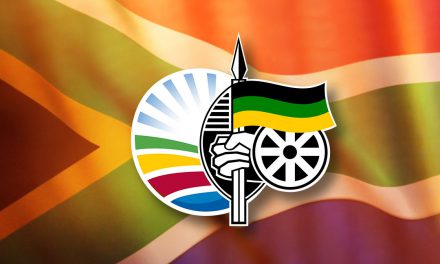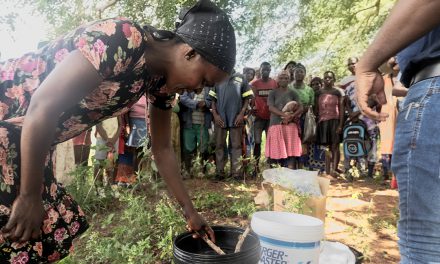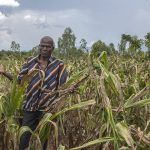On 29 May 2024, South Africa held its 7th democratic general election, which many international and domestic observers have proclaimed as free and fair. As 2024 marks 30 years of democracy, these elections were anticipated to mark the end of a political age in South Africa.
The electorate, through their vote, chose to reshape the national political landscape, resulting in a scenario where no single majority outright prevailed. Thus, three decades of democracy have itself produced a new milestone in South Africa’s democratic journey.
Equally, however, GGA must acknowledge that the election outcomes were accompanied by growing public dissatisfaction and mistrust in democracy and its institutions. A notable consequence of this sentiment was a lower-than-expected voter turnout, which dropped from 66% in 2019 to 58.6% in 2024.
On a positive note, in a region where elections have sometimes been marred by allegations of pro-incumbent vote buying and electoral violence, South Africans, including politicians, have challenged this narrative, displaying political maturity. Good Governance Africa celebrates this and commends South Africans for this process.
At the same time, the evolution of our democracy and the electoral process necessitates acknowledging both strengths and challenges. The Electoral Commission of South Africa (IEC) has faced criticism for its limited capacity to address electoral challenges, including long queues, the delayed introduction of the electoral amendment bill, inadequate preparation at some voting stations, insufficient training of some IEC representatives, and limited voter education. The IEC attributes these challenges to an expanded mandate, coupled with a reduction to its annual budget.
With three ballots now in play, queues are expected to lengthen in the next election, scheduled for 2029. To alleviate this, more voting booths should be made available, and the public should be educated about the more complex voting process.
GGA reaffirms the IEC’s commitment to enhancing institutional effectiveness, delivering free and fair elections, promoting electoral transparency, and engaging citizens and stakeholders in electoral democracy.
Furthermore, we call on political parties to prioritise citizens in their discussions leading up to the formation of the new parliament. All political parties should remain resolute in their commitment to serving the South African public.
In this vein, we are calling on political parties to make publicly available the full details of any coalition arrangements that they strike. This, we believe, fits in with our founding constitutional values of “accountability, responsiveness and transparency.”
Recognising that participatory democracy extends beyond the ballot box, GGA remains committed to deepening political accountability, empowering citizens, and promoting good governance through engagement and advocacy.
- Read our analysis of coalition options here.












